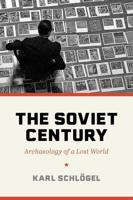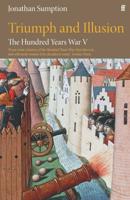Publisher's Synopsis
Islands and Empire: A History of Modern Britain situates the United Kingdom within a local, European, and global historical context. It examines the forces of imperialism, emphasizing the dynamic interaction between the colonies and the metropole. The book addresses questions of race, ethnicity, class, and gender and gives voice to the diversity of people who shaped and were shaped by Britain and its empire.The text is divided into three key time periods: 1688 - 1815; 1815 - 1914; and 1914 - 2021. Part One examines the historical trends and patterns that began with the Revolution of 1688 and continued through the Napoleonic Wars. Its chapters explore the demographics of the British Isles, the creation of Great Britain and the United Kingdom, the beliefs, ideas, and attitudes that comprised the eighteenth-century world view, the development of political structures, the expansion of the empire, and the accompanying economic transformations. Covering the time period from the end of the Napoleonic Wars to the start of World War I, Part Two discusses population growth, evolving gender roles, the Industrial Revolution and urbanization, and political and social reform. It also examines the further expansion of the British Empire, settler colonialism, and the relationships between Britain and its overseas possessions. Part Three introduces readers to contemporary Britain, an era that saw two world wars, and the dissolution of the empire. It examines the emergence of contemporary British society, economics, diplomacy, art, culture, and post-colonial life and ideas. Islands and Empire provides students with a comprehensive, engaging, and complete overview of modern British and imperial history eminently suited to introductory courses.









